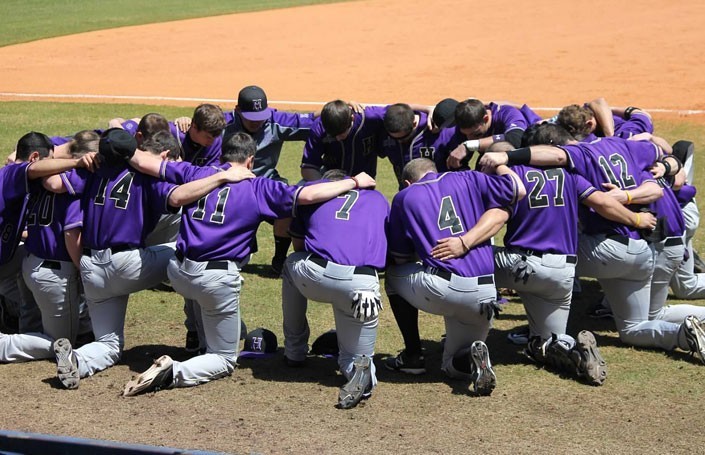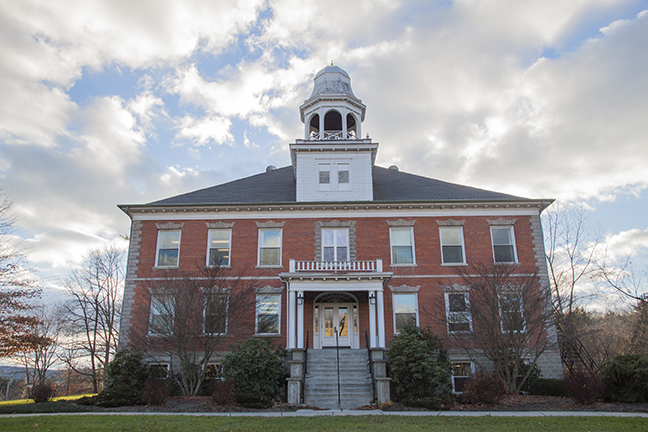Category: News
Presidential Election Update
On November 8, 2016, the United States starts its’ 58th presidential election. Taking place every four years, presidential campaigns and…
April 24, 2015
News
New Open Hours to Begin in Fall
Starting next year, residence hall open hours will be extended on the weekends. Included in the changes, Thursday nights will…
April 24, 2015
News
Three Faculty Hired for Next Year
Last fall, several new faculty were hired in the music, math, and communication departments. Brandon Bate, Sarah Hutchings, and Madison…

Baseball Team Improves Record
A program in its fourth year, the Houghton College baseball team continues to grow with a 14-11 record as of…

Diversity Task Force Seeks to Understand Campus Climate
In the fall of 2012, President Mullen created the diversity task force, seeking to understand the climate of Houghton’s campus…
Departments Push to Expand Theater Program
Houghton College’s English, Writing, and Communications departments are conducting a search for a Theater Workshop Director who would produce a…
Campus Store Extends to KPFH
This past year, the Campus Store has set up a selection of their inventory in the Kerr-Pegula Field House (KPFH)…
April 16, 2015
News, International, News
Terrorist Attack in Kenya
One dead and over 141 students injured as a result of a false terrorist alarm on the Garissa University College…
Solar Array Dedication to Take Place
The new solar array, which will save the college over four million dollars over 25 years, will be dedicated will…
April 09, 2015
News
Thrift Sale Success for Salvation Army
On Tuesday March 24, the Salvation Army Student Fellowship (SASF) held their annual thrift store sale in the basement of…
